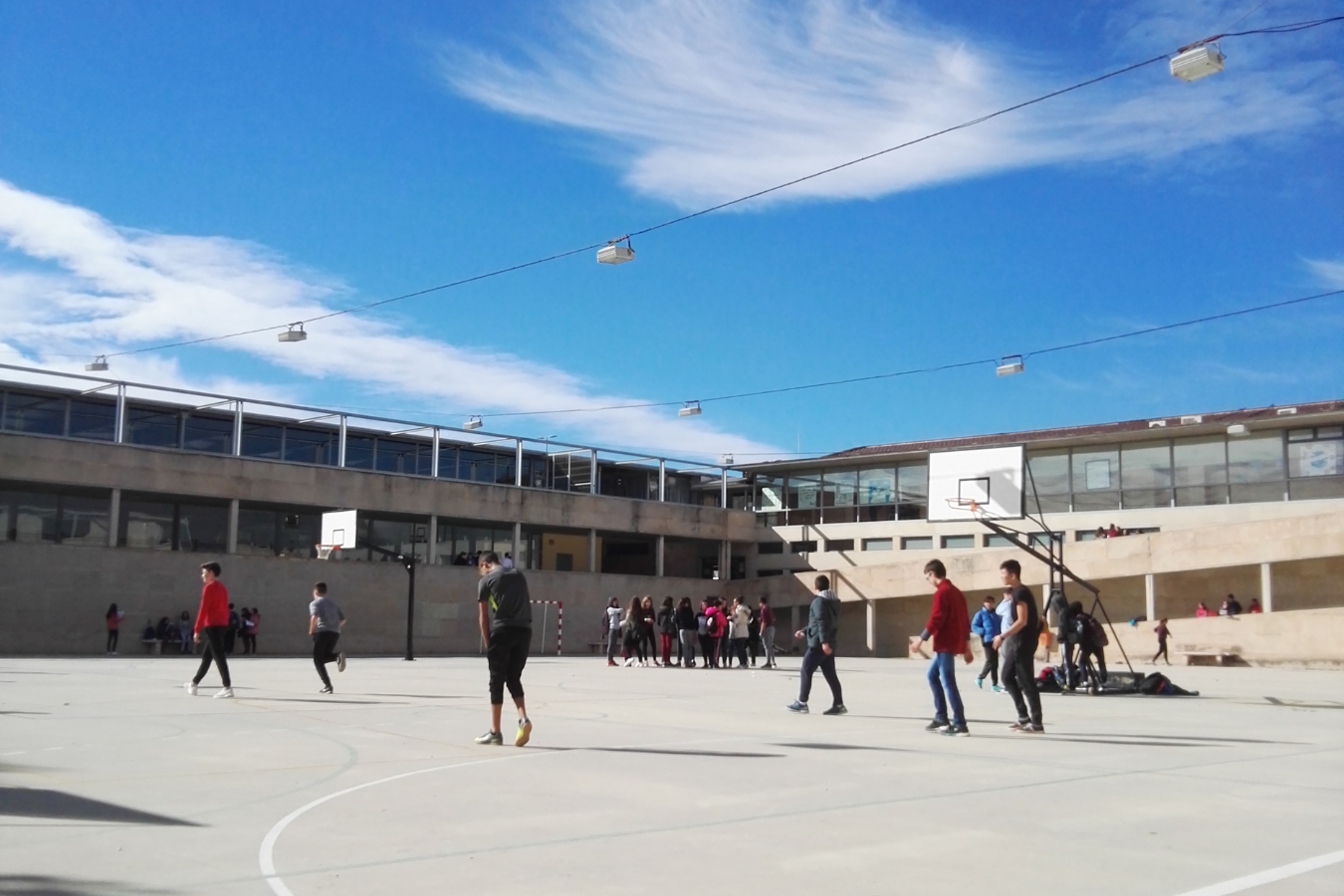Find a Neighbourhood You Love
Home is about more than the house. Every neighbourhood is a bit different, and picking the right one matters.

HoodQ's Full Suite of Free Neighbourhood Tools
Home is about more than the house. Every neighbourhood is a bit different, and picking the right one matters. It's easy to look at listings and dream about how you'll...

Schools Matter, Whether You Have Kids or Not
Schools and home valuation are tied to each other, so knowing about the schools in a neighbourhood you're considering is important even if you don't have kids. Homes in great...

Which Hoods Are Your Best Matches?
Every home search involves some compromises, especially when there are multiple people in the household. It can be really difficult to figure out which compromises are worth making, when every...

Have You Limited Your Home Search Too Narrowly?
Many people start their home search by looking in neighbourhoods they know or have heard are great. But unfortunately, everyone else has also heard of these, and you might be...

Finding an Up-and-Coming Neighbourhood
When buying a home, most people look for a place where their family can enjoy a good standard of living, and where their investment can grow in value over time....

Benefits Of Suburban Living For Families
It can be a tough choice to move your family to the suburbs, especially if you enjoy city living and are used to condo amenities. We've put together a list...